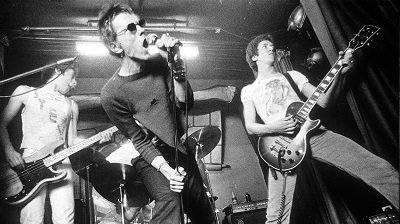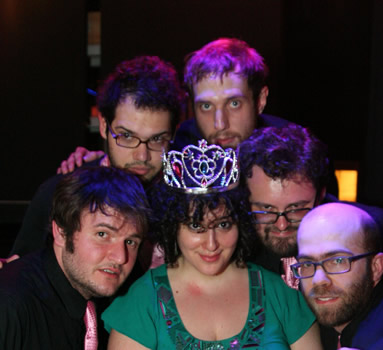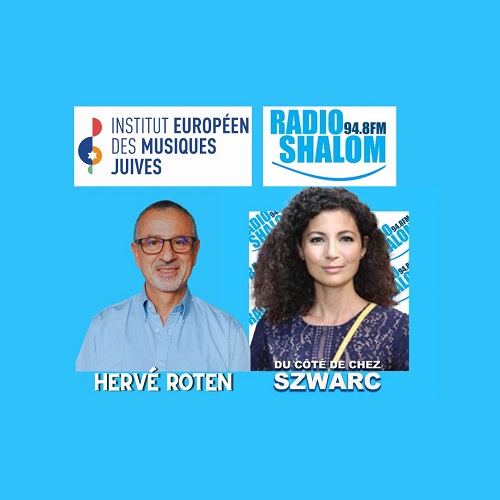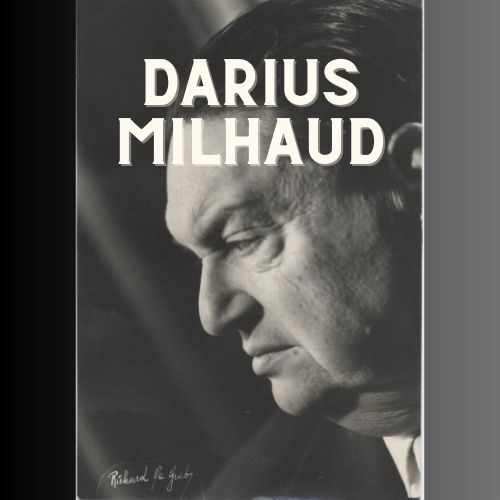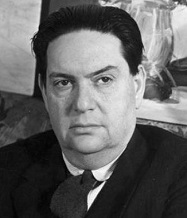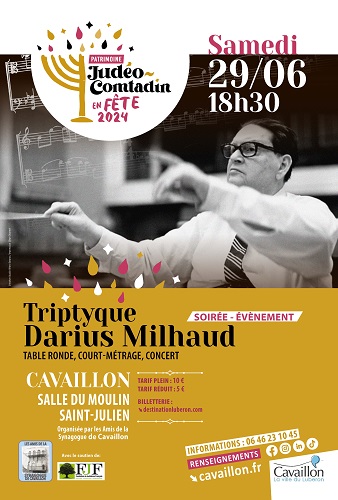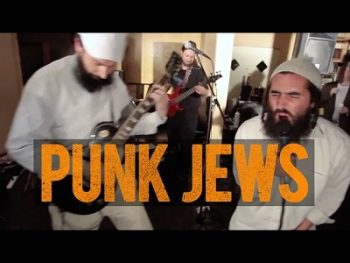
Historical
Rock music appeared in USA in the 1950’s. It developed in many sub-genres from the 1960’s on, in USA but also in the United Kingdom. We count nowadays dozens of genres that come from rock music (psychedelic rock, garage rock, heavy metal, punk, hardcore, glam rock, grunge, hard rock, new wave, alternative, progressive…).
Musically, rock is mainly characterized by a leading vocal melody, an electric guitar, a bass guitar and drums. But many other instruments can be added, such as keyboards, brass instruments, accordions or electric violins.
In the genres of “extreme rock” (hard-rock, heavy metal, punk, hardcore…), the music is loud, fast and violent. Lyrics can be political, funny or provocative.
Successor of the “protest song” that came with folk music, rock is often considered a form of expression of the working class youth and a scream of revolt against conformism, the dominating morals and the consumer society. “Sex, drugs, and Rock n’ Roll !”
Derived from Rock, punk-rock appeared in USA in the 1960’s, before becoming popular in the United Kingdom in the 1970’s, in particular with the Sex Pistols or The Clash. The music is violent, fast, overloaded, sometimes at the expense of the instrumental performance. Punk philosophy states that it is not necessary to play music perfectly to play punk. An electric guitar, drums, provocative lyrics screamed out loud is enough. What is important is the energy and the message sent. This message is the non-conformism pushed at an extreme point, the activism, which passes through provocation and humor. Punk can be resumed by the sentence “No Future”. It is often associated to anarchy, from which the emblematic slogan is “No gods, no masters”.
Sex Pistols, 1977
Rock, hard-rock, metal, punk and Jewish music : a creative interference
Can Jewish music be mixed with rock, or even with punk ?, Certainly, as dozens of musical bands did it. Music is often reflective of an identity. Thus Jewish musicians who play this music wish to claim a double identity: Jewish and rebel.
Whether they are religious or not, these musicians express their belonging to a millenary culture, to a history, to traditions. Some will express their love of God and Torah, other will make a reference to this old yid who works hard behind his sowing machine for a few kopecks, others finally will revisit klezmer tunes that were played in weddings, from one shtetl to the other. And all of them scream their anger. Against the established order, injustice, war, consumer society…
In USA, in Israel, in Australia or in France, here are several bands who perform Jewish-rock, Jewish metal, Jewish-punk, and more.
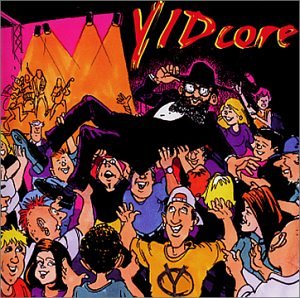
Visit their website
Listen to their first album on Youtube
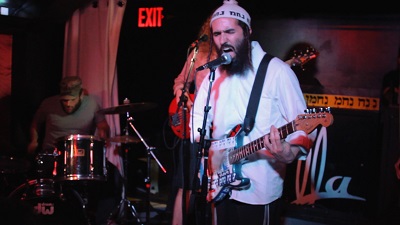
Listen to the music
Watch a video clip on Youtube
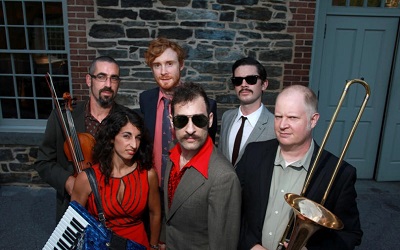
Visit their website
Yiddish Princess, also settled in New-York, plays hard-rock/power pop, in yiddish ! With songs like Oy Avram or A Glezele Yash, the band revisits Yiddish folk songs, with a powerful and melodic music. The co-founder of the band is the singer Sarah Gordon, who is non-other than the daughter of Adrienne Cooper, a singer and searcher who widely participated to the klezmer revival in USA in the 1970’s, and in particular played with the Klezmatics It is therefore not necessary to speak of the high musical quality of this band. By performing traditional songs with a modern music, Yiddish Princess purposely plays on the field of humor (Power Pop is often mocked by other rock performers who claim to be more “serious”). And by revisiting these Yiddish songs with power pop/hard-rock, Yiddish Princess opens the gates of Yiddish culture to people who perhaps don’t know anything about it. And in this way, it is a political act.
Visit their website
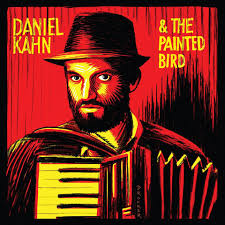
Visit their website
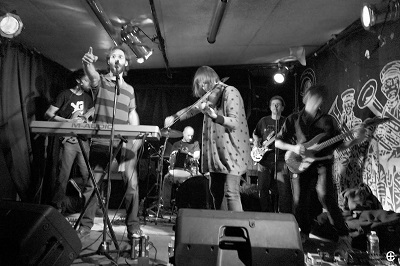
Visit their website
There are many bands mixing these styles, and it is impossible to mention all of them. Here is a non-exhaustive list of some bands who didn’t appear in this article: Jewdriver, Schmekel, Horse Raddish, Damn Dirty Commies, Asher Yatzar, The Shondes, Gangsta Rabbi, Jew Cocks, The Debaucherauntes, Gevolt, Koyt Far Dayn Fardakht…
Browse Michael Croland’s website, author of Oy Oy Oy Gevalt, Jews and Punk and Punk Rock Hora
Learn more about the book Oy Oy Oy Gevalt, Jews and Punk
Learn more about the book Punk Rock Hora
